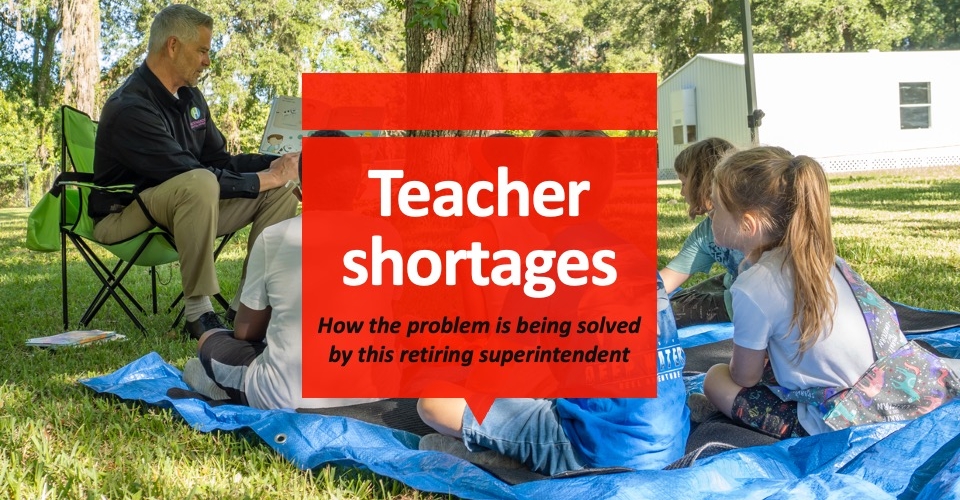Growth mindsets, characterized by the belief that abilities can be developed through hard work and effort, are foundational to developing the skills, attitudes and behaviors that support students’ academic success and positive development. Adults can play a powerful role in children’s development of a growth mindset, including by praising effort, persistence and learning strategies rather than innate ability or intelligence, and by modeling a growth mindset.
While teacher growth mindset is positively associated with student growth mindset, efforts can be amplified by engaging family members and other key adults in students’ lives. When teachers and families work together, students have the opportunity to practice and develop a growth mindset both inside and outside of the classroom.
Below are key strategies teachers can use to help families cultivate students’ growth mindsets, as well as important considerations for ensuring those strategies are equitable and inclusive of all families:
1. Model and encourage growth mindset language
- Share examples of growth mindset language that parents can use at home to praise effort, strategies and progress rather than innate ability. Phrases like, “Keep trying, you’re getting better,” and “What did you learn from that mistake?”
- When discussing student progress with parents, share specific instances where the student demonstrated a growth mindset and suggest ways parents can reinforce this behavior at home. For example, “I heard you tried a few different strategies to tackle a tough science project. I’m proud of how you kept trying and remained determined to find a solution.”
- Consider: the accessibility of parent-teacher meetings. Schedule workshops, meetings and other touchpoints at various times to accommodate families’ needs and commitments. Provide options for virtual participation when possible.
2. Share growth mindset activities and conversation starters
- Design and share take-home activities that require problem-solving and perseverance, encouraging families to work together and to discuss their learning process.
- Assign student projects that include a reflective component, prompting students to consider how they approached challenges and what strategies they used. Have families ask students to share more about their problem-solving approaches.
- Consider: language and culture when sharing resources with families. Provide communications in multiple languages and ensure activities are culturally relevant and connected to families’ real-world experiences.
‘Talking Out of School’ podcast: What’s top of mind for 15 superintendents, according to an edtech CEO
3. Encourage open discussions about learning and effort
- Provide prompts that families can use to talk about daily learning experiences, mistakes and how they overcame difficulties. For example, “What math problem did you find most challenging today and what strategies did you try to solve it?”
- Encourage families to share examples of challenges they faced, how they persevered and what they learned from the process.
- Consider: using various communication channels (email, text messages, phone calls, social media, paper flyers) to reach all families effectively. Recognize that not all families have access to digital devices or the internet and that printed materials may be preferred.
4. Provide consistent feedback and support
- Send home regular updates on the student’s progress, highlighting areas where they have shown growth and improvement. Encourage specific praise families can use to recognize student effort and progress.
- Encourage parents to set realistic and challenging goals with their children. Offer to be available for questions and guidance.
- Consider: time demands on families. Keep activities and commitments manageable.
Importantly, build feedback and continuous improvement into your approach to partnering with families to support students’ growth mindset development. Regularly seek feedback from families to understand their needs, preferences, and any challenges they face. Be willing to iterate on strategies based on feedback, ensuring they remain relevant and effective for all families.
Beyond the classroom
Teachers can play a pivotal role in supporting student success by partnering with families to foster positive growth mindsets. By implementing the aforementioned strategies and carefully considering the most equitable approaches, teachers can effectively support families in nurturing a growth mindset, thereby creating a supportive environment that extends the principles of growth and resilience beyond the classroom.









